Heron’s Court v NHBC Building Control Services Ltd
Citation: [2018] EWHC 3309 (TCC)
This case establishes that Approved Inspectors, the private sector providers of building control, do not owe the duty under s1(1) of the Defective Premises Act 1972. The TCC identified that where this duty is applied to professionals, (the duty requiring work “for or in connection with the provision of a dwelling” to be carried out in a professional manner), it is to be dealt with as akin to a professional negligence claim. Waksman J. stated that res ipsa loquitor was not an available plea to a claimant in such a claim (or more generally in relation to professional negligence claims).
This case concerns the Heron’s Court is a block of flats in Radlett, Hertfordshire. The claimants in this action were the lessees and the management company of the block. They asserted that the construction of the flats was defective. One of the defendants to this action was NHBC Building Control Service Ltd (“BCS”). BCS had Approved Inspector status, which meant that they were authorised to carry out inspection of the plans and building work for the purposes of the Building Act 1984. BCS could certify whether the relevant building regulations had been complied with.
The claimants alleged that that BCS had a duty under s1(1) of the Defective Premises Act 1972 (“the 1972 Act”) namely that it had taken on work “for or in connection with the provision of a dwelling” and, therefore, was required to see that the work which it took on was done in a workmanlike or professional manner with proper materials so that the dwelling would be fit for habitation when completed. BCS applied to strike out the claim on the basis (1) that the particulars disclosed no reasonable grounds for bringing the claim as a matter of law and (2) that it was so devoid of particulars that it amounts to an abuse of process.
Mr. Justice Waksman struck out the claim. He found BCS did not owe the duty alleged as an Approved Inspector’. The statutory duty was targeted at architects and designers and other professionals who were contributing to the design and construction of the building. In contrast Approved Inspectors essential function was rather to certify whether that design or construction is lawful in a building sense. The Court relied upon ‘illuminating’ dicta in speeches in the House of Lords in Murphy v Brentwood which expressly rejected the proposition that the 1972 Act imposed a liability on local authority building control. The Judged regarded Approved Inspectors as carrying out the same regulatory function as local authority building inspectors and are to be regarded as in the position in relation to the s1(1) duty notwithstanding that they work for profit.
Mr. Justice Waksman indicated that he would not have completely struck out the claim on the basis of the second ground alone. The particulars were vague and inchoate. Res ipsa loquitor is not an appropriate doctrine for a professional negligence case. However, the proper response would have been to order the required particulars to be provided, probably with an unless order.
Sam Townend and Harry Smith appeared on behalf of the Fourth Defendant.


